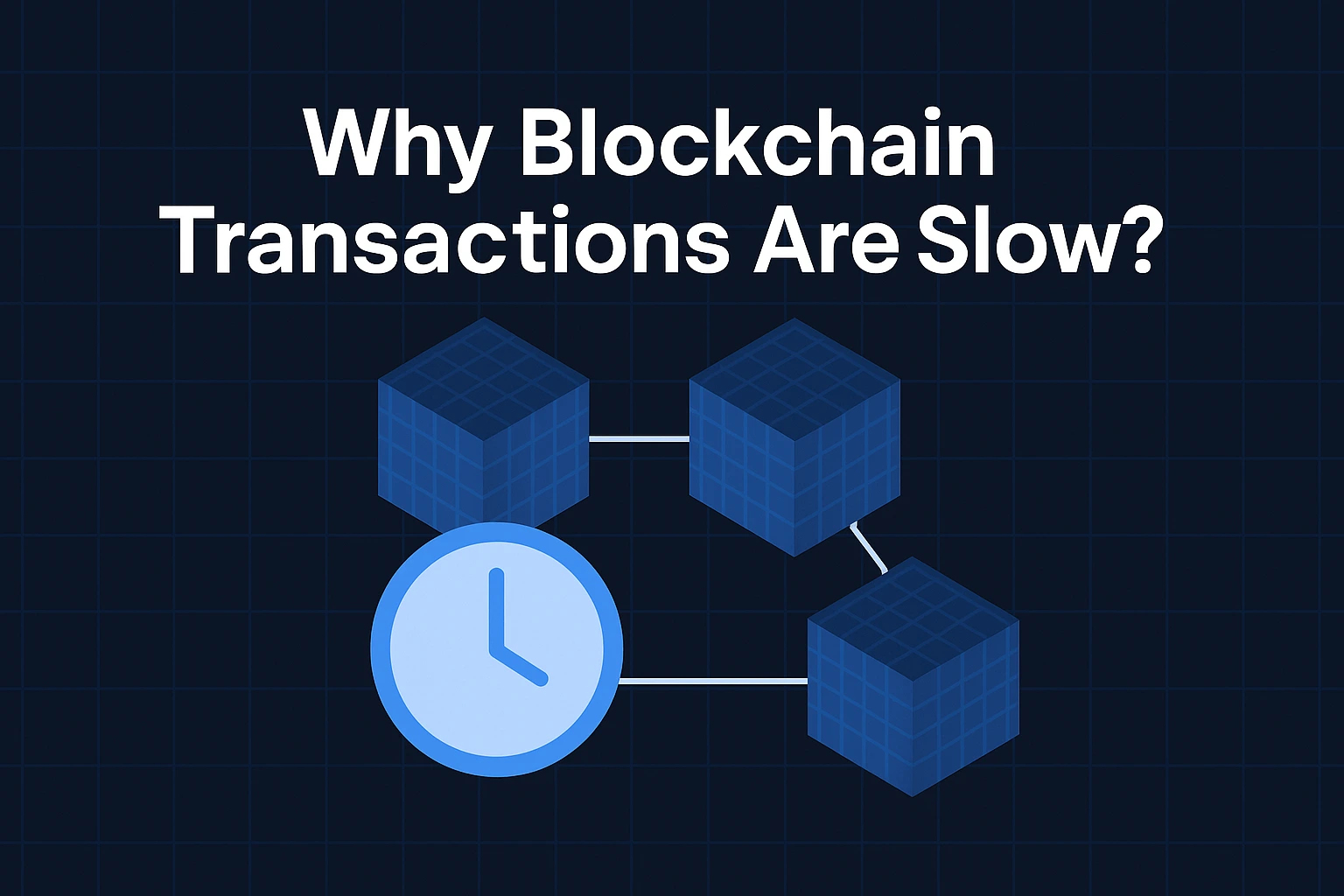Blockchain technology has gained global attention for its decentralized structure, transparency, and potential to disrupt traditional finance. However, one of the most common user frustrations is how long it can take for transactions to process. Below, we explore the key reasons behind these delays and what can be done about them.
Understanding Blockchain Transaction Delays
1. Network Congestion
Cryptocurrency transactions—especially on popular networks like Bitcoin and Ethereum—are processed by a decentralized group of nodes. These transactions are placed in a queue and grouped into blocks before being confirmed. However, each block has a size limit. When too many transactions are submitted, the network becomes congested, leading to slower processing times.
2. The Role of the Mempool
When a transaction is sent, it enters a waiting area called the mempool (memory pool). This is where unconfirmed transactions wait until a miner selects them for inclusion in the next block. Transactions with higher fees are prioritized, while those with lower fees may remain in the mempool for an extended period.
3. Block Size and Confirmation Time
Each block has a fixed size—1MB on the Bitcoin network, for example. If the total data of submitted transactions exceeds the block size, the overflow has to wait for the next block. With blocks created approximately every 10 minutes, this can result in significant delays during times of high activity.
4. Number of Confirmations
For security reasons, most services require multiple confirmations before considering a transaction fully verified. A new confirmation is added each time a new block is mined, which adds time to the process. This is designed to prevent issues such as double-spending or blockchain reorganization.
Technical Limitations and Energy Consumption
Encryption and Computational Requirements
Blockchain relies on cryptographic algorithms to validate transactions and secure the network. These algorithms require significant computing power. In Proof of Work (PoW) systems like Bitcoin, mining involves solving complex mathematical problems, which consumes large amounts of energy and time.
According to recent estimates, the energy consumption of the Bitcoin network alone rivals that of entire countries. This high resource demand is a major factor behind the relatively slow transaction speeds.
Wallet and Node Synchronization Issues
Sometimes, wallet providers or network nodes may fall out of sync with the rest of the blockchain. This desynchronization can cause transactions to appear as “Pending” for longer than usual, even if they’ve already been confirmed. These delays are typically temporary and resolve on their own.
Other Factors Slowing Blockchain Down
Spam and Dust Attacks
Popular blockchains like Bitcoin and Litecoin have been targeted by spam and dust attacks. These involve flooding the network with tiny transactions that clog up the mempool and delay legitimate activity.
Fee Sensitivity
If the fee you attach to your transaction is too low, miners may skip over it in favor of higher-paying transactions. This leads to additional wait times, especially during periods of network congestion.
Blockchain vs. Traditional Payment Systems
Compared to traditional payment systems like debit cards or bank transfers, blockchain transactions can seem slow and expensive. Financial institutions offer near-instant processing and built-in fraud protection, while blockchain users often need to wait several minutes—or even hours—for confirmations, especially when fees are low.
Is Blockchain Still Worth It?
Despite the current limitations, blockchain technology continues to evolve:
- Scaling solutions like the Bitcoin Lightning Network and Ethereum’s Layer 2 platforms aim to improve transaction speeds and reduce fees.
- Alternative consensus mechanisms like Proof of Stake (PoS) are replacing energy-intensive Proof of Work in some networks.
- Interoperability protocols and sharding may soon allow blockchains to scale more efficiently without sacrificing decentralization.
While adoption may be slowed by current issues, the technology’s long-term potential remains strong. Blockchain could reshape industries far beyond finance, including supply chains, healthcare, and IoT systems.
Conclusion
Blockchain delays are primarily caused by network congestion, limited block sizes, confirmation requirements, and energy-intensive consensus mechanisms. While these issues create friction for end users, ongoing innovation offers hope for faster, cheaper, and more scalable blockchain systems in the near future.

Selina Davies is a technology writer and blockchain enthusiast with a passion for simplifying complex topics. With years of experience in fintech and decentralized systems, she focuses on educating readers about the future of digital innovation through clear, accurate, and engaging content.
